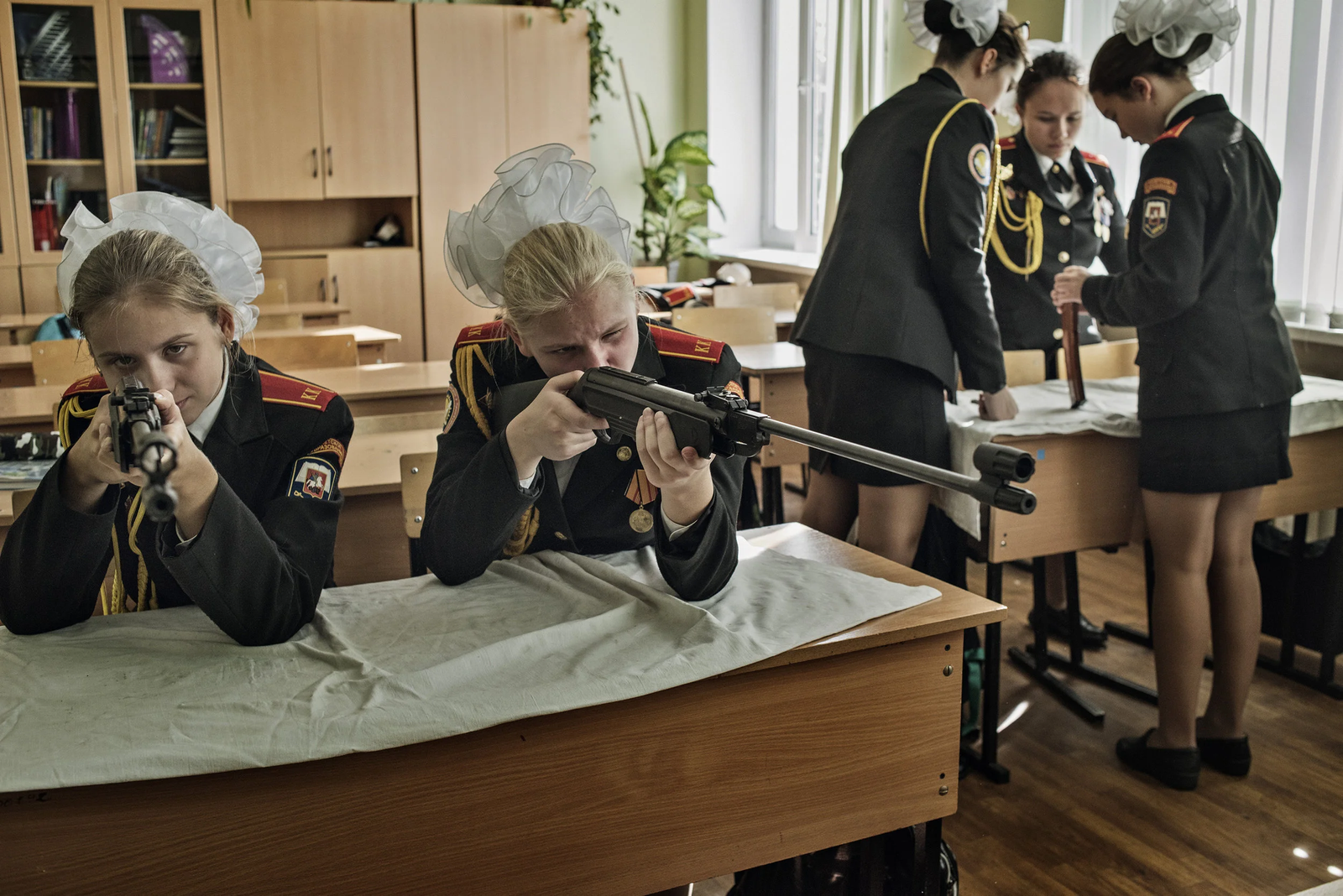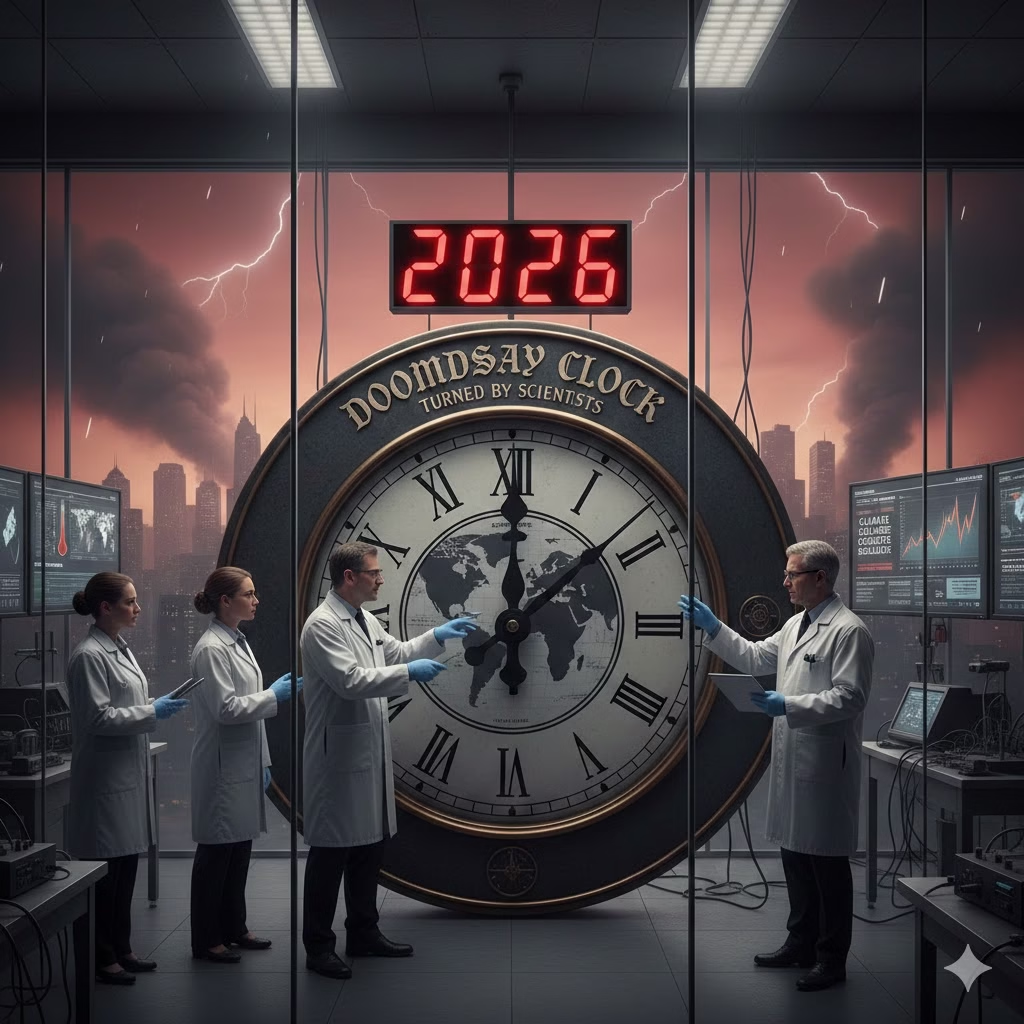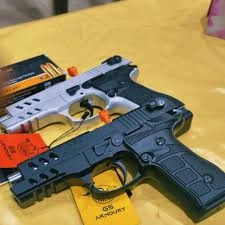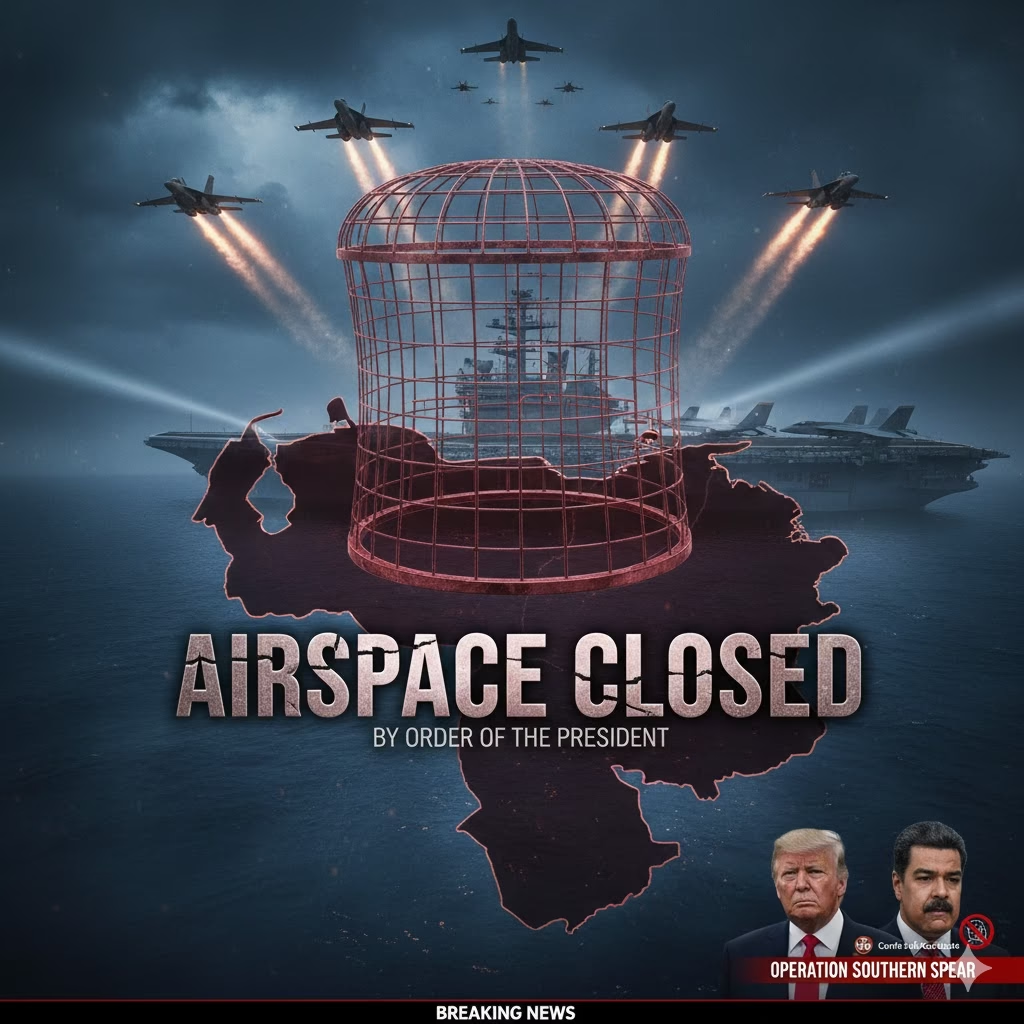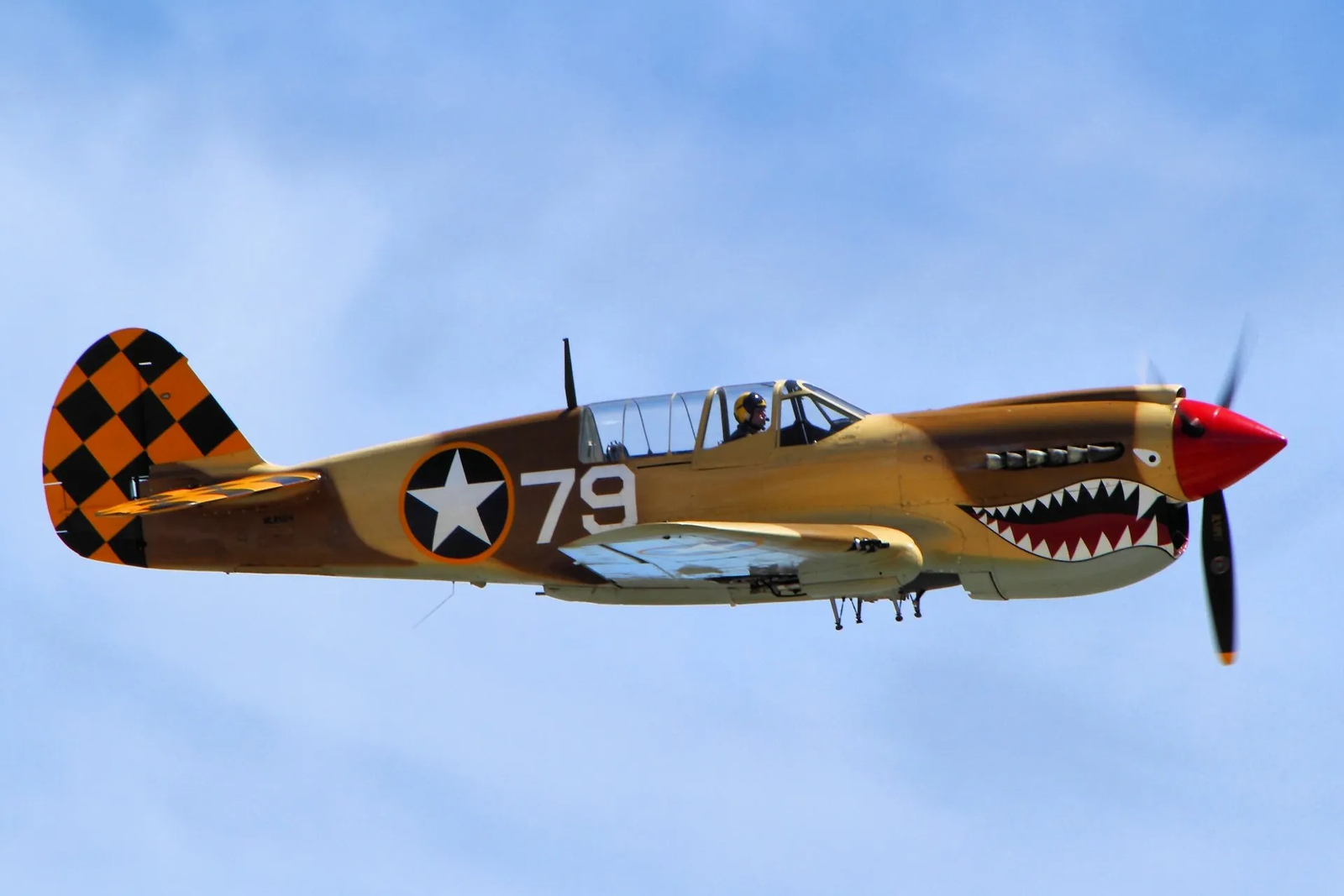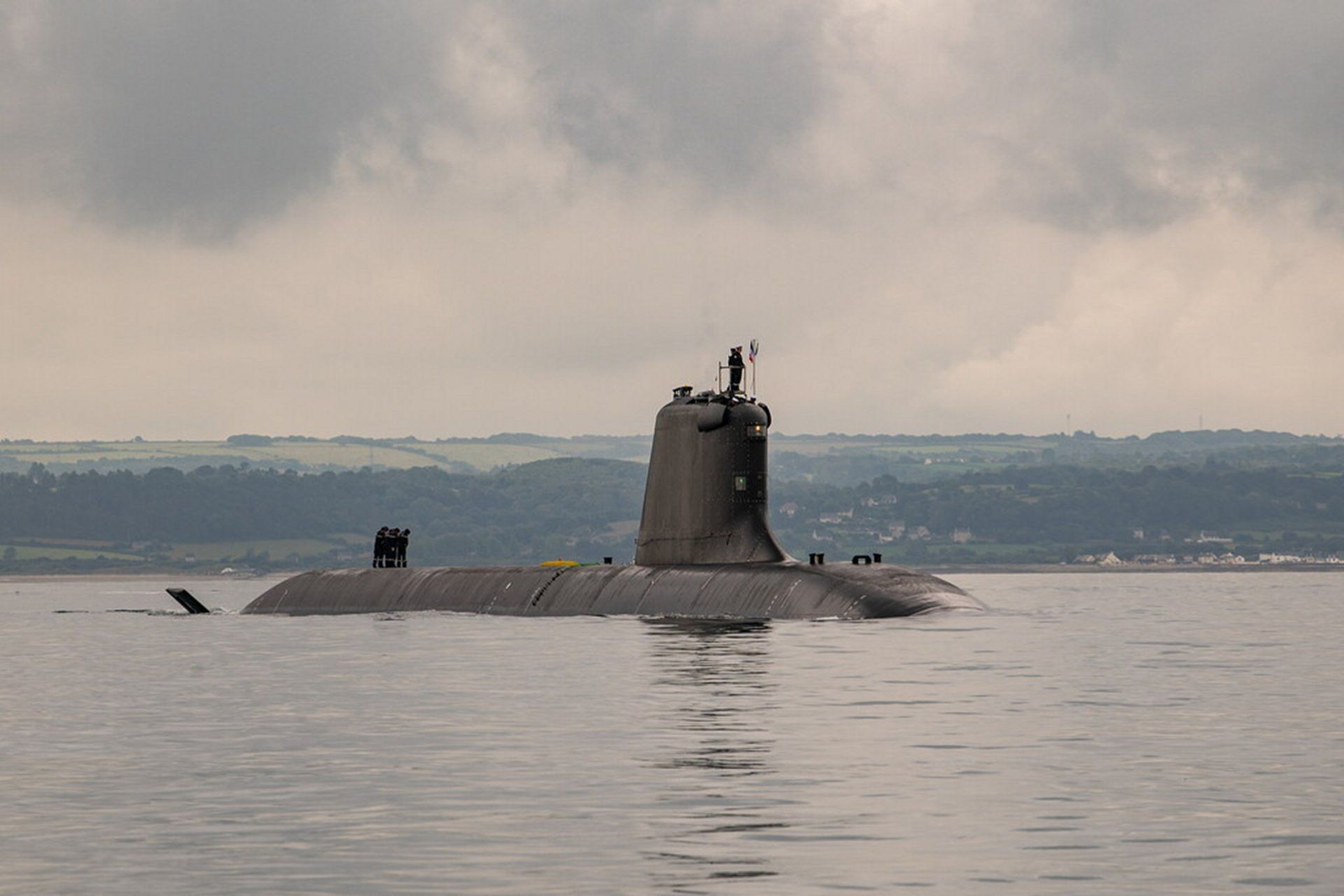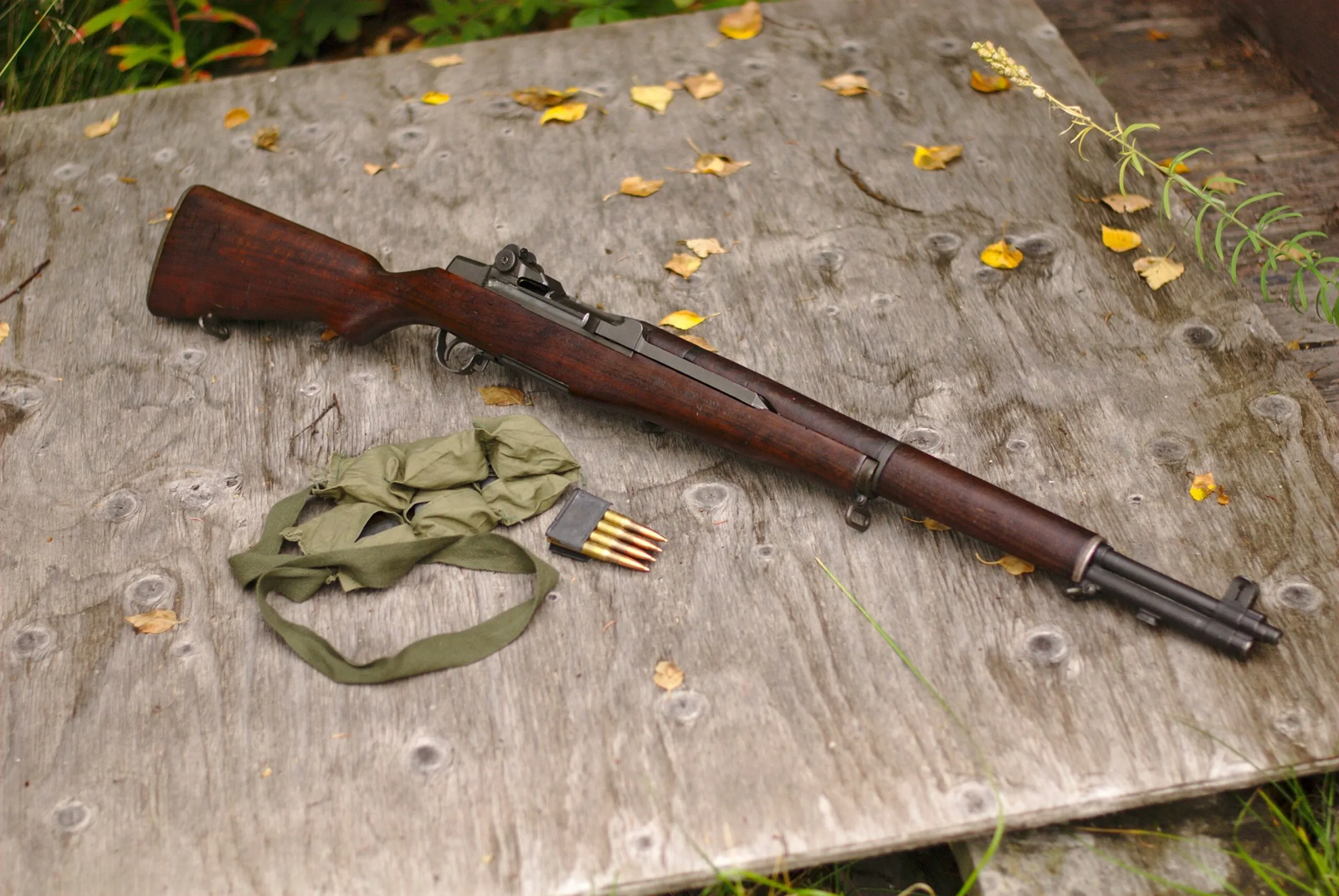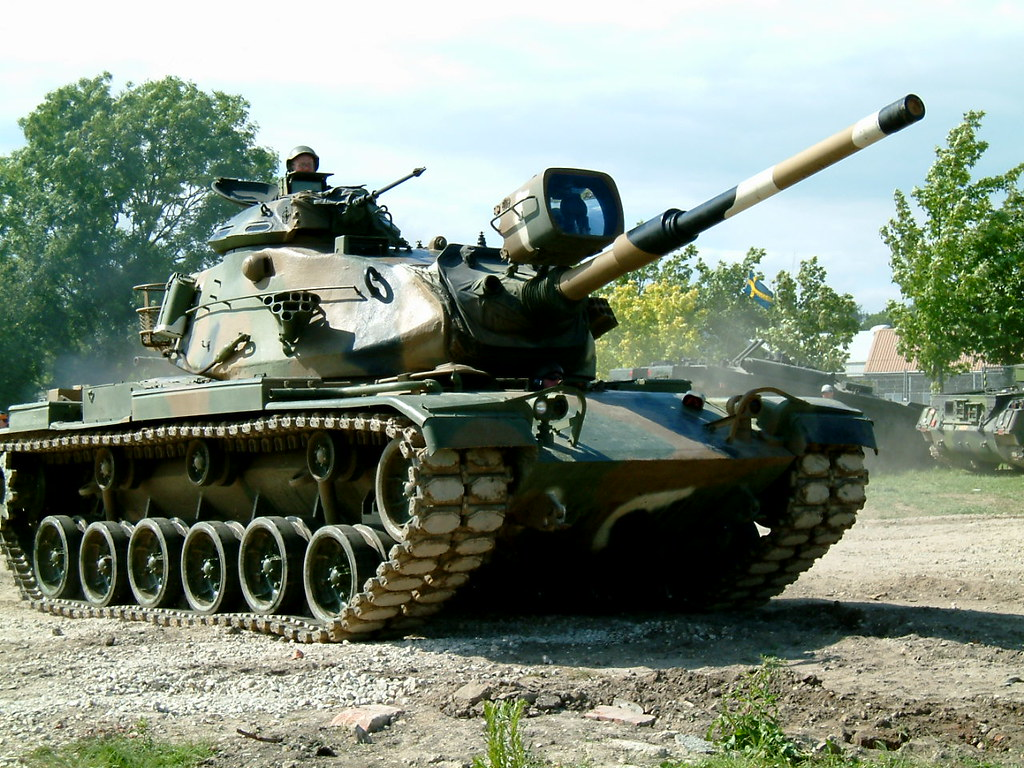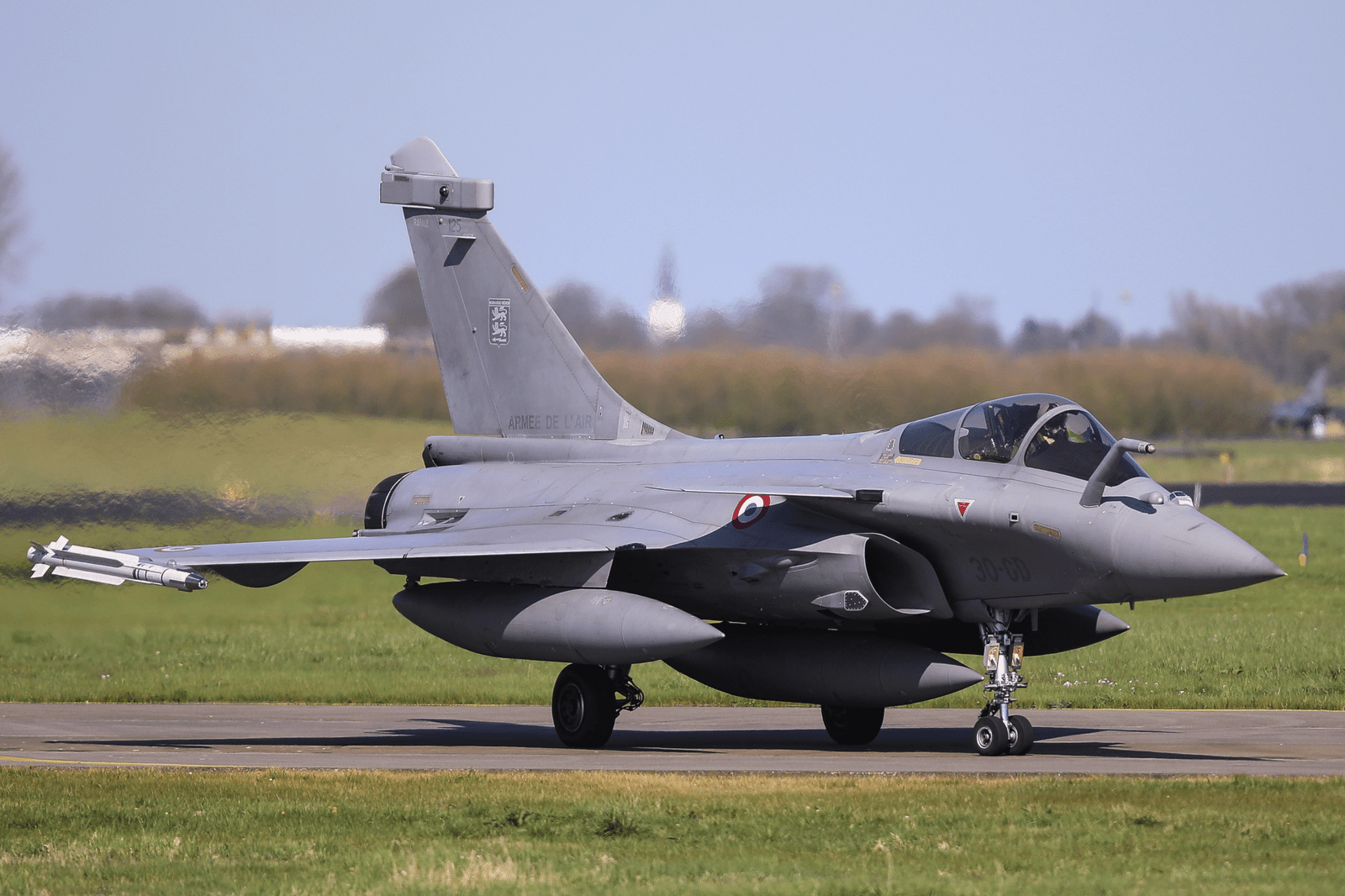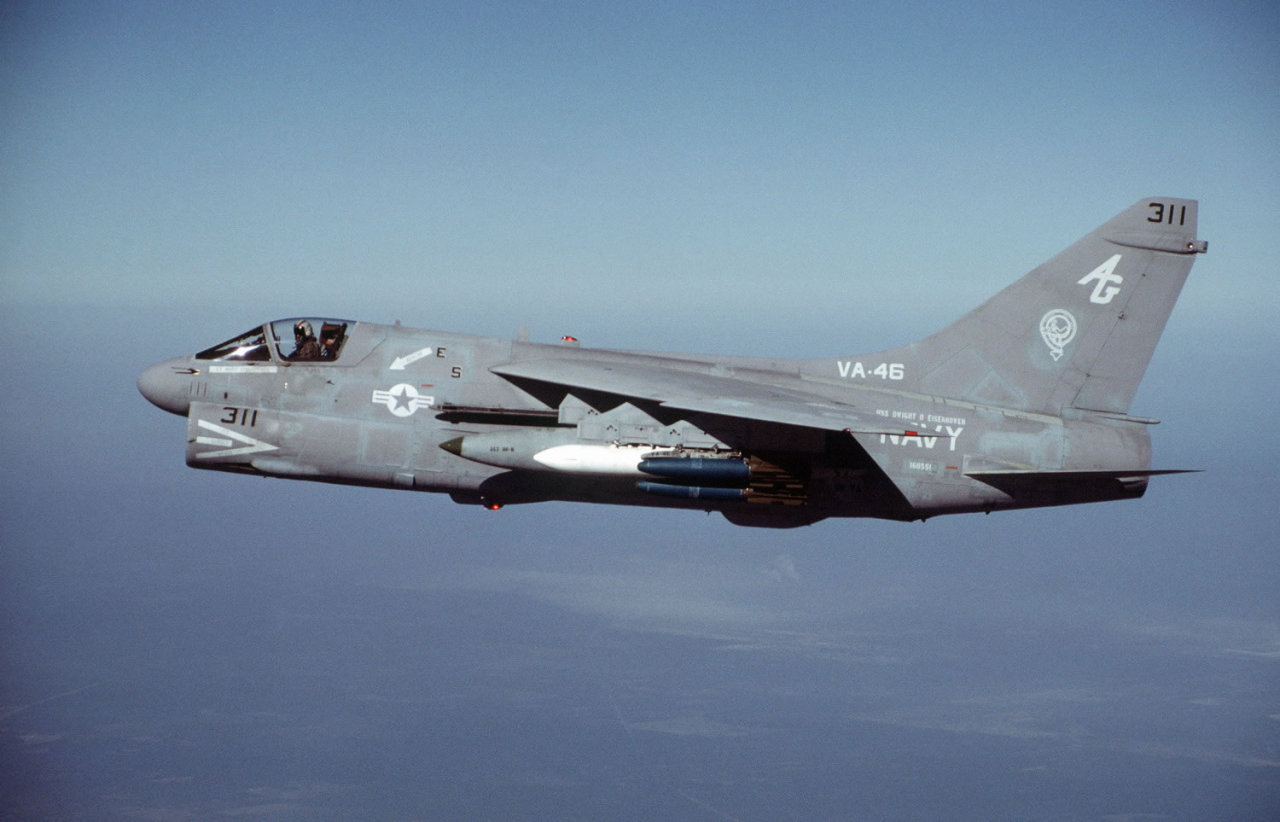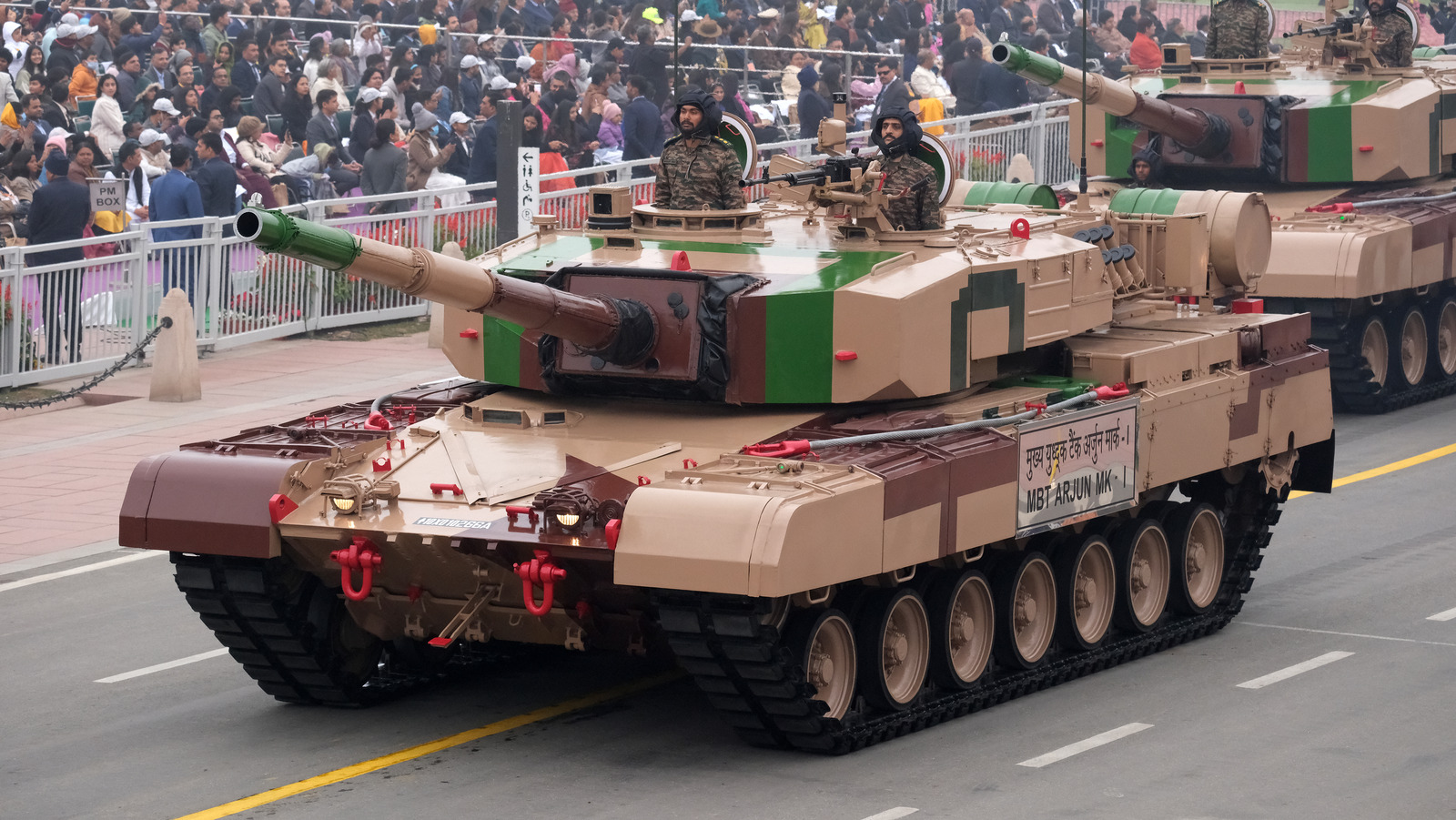
Russia is committed to educating a generation in which flying drones and learning the fundamentals of war are as routine as a day in mathematics class. The Kremlin has since 2023 ramped up its push to militarize education, integrating drone technology, patriotic education, and even combat training into the daily lives of kids, kindergarten students, through university students.

The drone revolution in Russian classrooms is not merely an upgrade in technology—it’s a wholesale cultural transformation. As reported by OpenMinds, the initial seven months of 2025 witnessed six times more drone-related publications than during all of 2022. Educational institutions in dozens of states now have specialized rooms for drone training, and a new “UAV 101” text is de rigueur for 8th and 9th graders. This isn’t speculation—children are studying the history of drones, how to construct them, and, most importantly, how to pilot FPV (first-person view) models, the same models used on the front lines in Ukraine.

The Education Ministry has gone whole hog, with hackathons, competitions, and even drone racing competitions for kids as young as seven years old. In June, Vladimir Putin personally decreed that the minimum age for drone competitions be reduced, and the door was opened for schoolchildren to participate. The message is unmistakable: becoming a master of drone warfare is not only encouraged but also expected.

But it doesn’t end at the school door. The Kremlin has mobilized a chain of patriotic clubs, typically operated by war veterans, to provide hands-on classes and summer camps. These are not typical summer vacations. Kids at camps like Iskra test out military equipment, work on tactical medicine, and receive actual stick time on combat drones—sometimes with instruction from veterans who fought in fights such as Hostomel and Izyum. As one such veteran, Ivan Bondiukov, put it, his goal is to provide “a man’s hand” to boys who lost their fathers in the war, planning to open military-patriotic clubs just for them.

The scale is staggering. By July 2025, there were over 2,000 publications about the popularization of drones among children, with more than 30,000 posts across 4,000 channels since the start of the full-scale invasion. State and private schools, universities, and kindergartens are among the efforts. Infrastructure is spreading rapidly: in 2024, the Ministry of Education supplied schools and colleges in 30 pilot areas with equipment for drone training, and now even towns thousands of kilometers away from Ukraine have “specialized cabinets” for UAV practice.

For Ukrainian kids in occupied lands, the situation is worse. The Kremlin’s campaign extends well beyond language and history—it’s an erasure of Ukrainian identity to be supplanted by Russian military-patriotic values. Since 2014, over a million Ukrainian children have been brought under Russian control, with over 19,000 abducted and sent to Russia or Belarus, reports The Jamestown Foundation. Russian authorities in those areas have shut down Ukrainian classes, outlawed the Ukrainian language, and replaced teachers with Moscow loyalists. Kids are now learning to take apart and reassemble machine guns, fly combat drones, and even produce camouflage nets for Russian soldiers.

Special camps—in some cases as distant as the Russian Far East—expose Ukrainian children to ideological re-education and military training. The aim is to turn them into dedicated subjects of the Russian state, willing to advocate or even take part in the war against their country. According to Deportation.org.ua, re-education is systematic, from lessons on Russian history to practical drone operation, all intended to undermine Ukrainian self-consciousness and hate Ukraine.

The Kremlin’s approach is as much about influencing minds as developing skills. From the age of seven, Russian kids now have mandatory patriotic lessons in history, sing the national anthem, and hoist the flag weekly. The classes are infused with accounts of Russian military power and justifications for the war in Ukraine. As The Moscow Times highlights, Education Minister Sergei Kravtsov stressed that historical memory would be maintained—on Moscow’s terms.

The long-term consequences are profound. By normalizing military technology and patriotic indoctrination in everyday education, Russia is laying the groundwork for a society where war is not just accepted but woven into the fabric of daily life. The goal, as Putin himself announced, is to train a million UAV professionals by 2030—a pool of young operators ready for deployment, whether in Ukraine or elsewhere.

This militarization is not merely a matter of recruiting numbers. It’s about raising a generation that finds war a normal state of affairs, where the distinction between civilian and soldier is erased right from childhood. For Ukrainian children, it is the erasure of identity, psychological trauma, and assimilation under compulsion. For Russian society, it is a future where the weaponry and mentality of war are as much a part of everyday experience as the ABCs.
